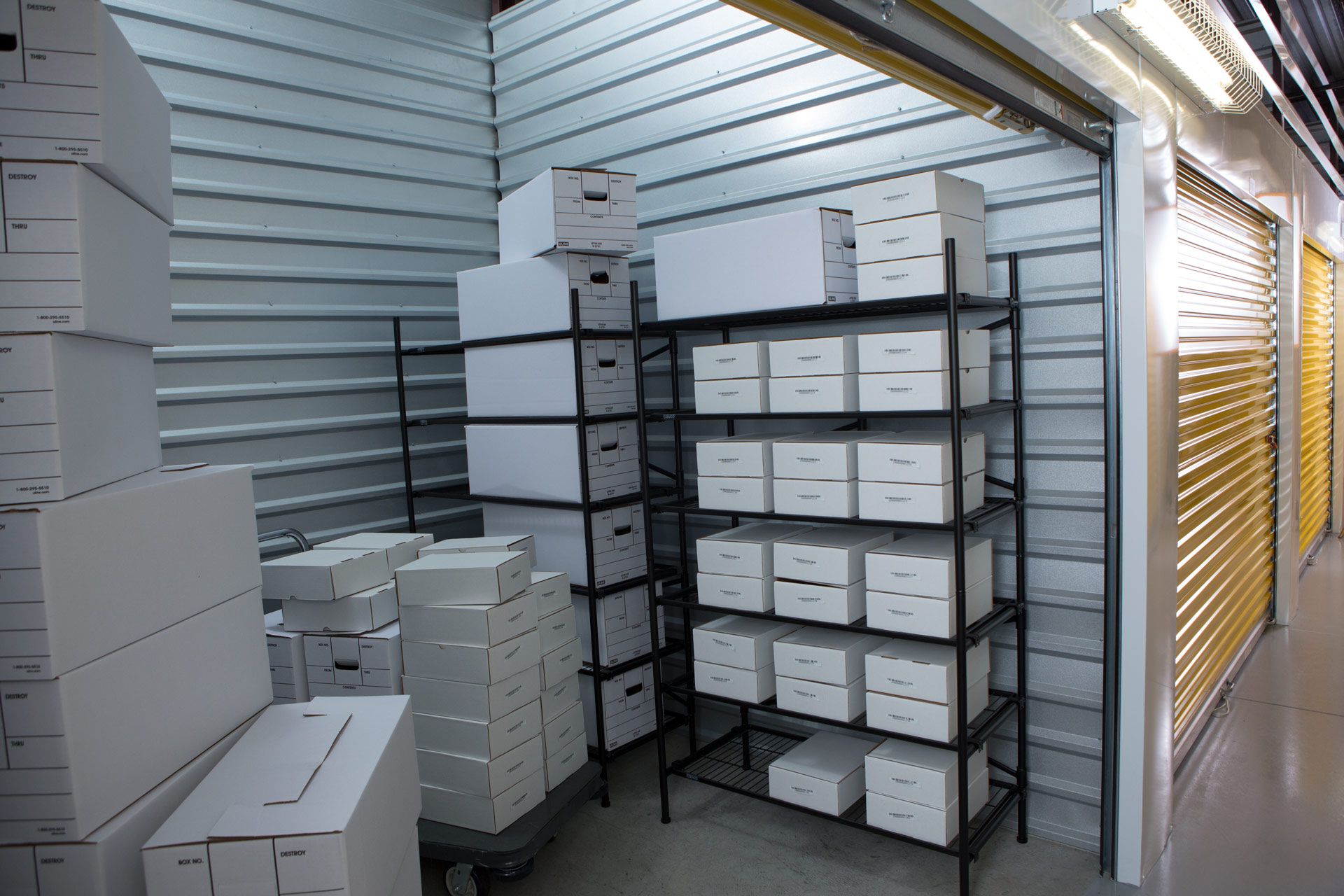Storage containers for the home might come in quite handy when unexpected events arise. These flats offer a practical answer whether you’re remodeling, downsizing, or just need more room. It isn’t always easy to select the best storage solution, though. Many people make snap judgments without taking important considerations into account, which can cause issues later. In order to make the greatest decision for your requirements and financial situation, we’ll go over five typical blunders to avoid while choosing a household storage units in this blog.
1. Underestimating Your Space Requirements
Misjudging how much room they actually need is one of the most common mistakes individuals make when selecting a storage unit. It’s common to assume, “Oh, that’ll fit into a small unit,” while looking at your possessions, only to find yourself packing things in like Tetris in real life. First things first, make a list of everything you intend to store in order to avoid this. Measure bigger objects, such as furniture, and make a list.
Remember to factor in boxes and things with unusual shapes. Going a little larger than you think you need is always a good idea to err on the side of caution. Keep in mind that your apartment should have enough space for you to move around. Every time you visit, time and effort will be wasted if objects toward the rear are difficult to reach. Tight packing also runs the risk of causing harm.
2. Neglecting to Research the Facility’s Security Measures
Security should be the first consideration while storing your possessions. But before making a commitment, a lot of individuals neglect to carefully research the security measures of a home storage facility. Make the error of believing that the security of every household storage facility is the same. While some may have rudimentary security features like gated entrance, others may have video monitoring around the clock, staff members on hand, and alarms specific to each unit.
Give thorough questions concerning security procedures some thought. What controls exist for facility access? Do all around the grounds have security cameras installed? Particularly at night, is there enough lighting? Has there been any theft or break-ins at the site before? It is advisable to verify whether the establishment has implemented pest management protocols. Discovering that pests or rats have harmed your possessions is the last thing you want.
3. Overlooking Climate Control Options
The effects that humidity and temperature may have on the things they keep are often underestimated. Especially for delicate items like electronics, hardwood furniture, or priceless papers, this carelessness might result in expensive damage. Your belongings are shielded from intense heat, cold, and wetness by climate-controlled units, which maintain a constant temperature and humidity level. For long-term storage of expensive things or costly objects, these units are often worth the extra expense, even if their cost is higher.
Take into account what you’re keeping: Photographs and vital documents may yellow or cling together, electronics may corrode or warp in high humidity, timber may crack, warp, or grow mold in erratic circumstances, and textiles and apparel may get musty or mildewed. Consider your options carefully before choosing a climate-controlled unit, especially if you live in a region with harsh weather or are keeping anything that fits into any of these categories. Long-term savings from grief and financial loss may offset the slightly higher initial expense.
4. Failing to Compare Prices and Read the Fine Print
Choosing based only on pricing or selecting the first choice they come across are common mistakes made by consumers in a hurry to rent a storage unit. Though undoubtedly significant, money need not to be the sole issue taken into account. Spend some time comparing costs across several local establishments. Investigate the included in the pricing further rather than just settling for the prices that are advertised.
Certain facilities could have cheaper base prices, but might charge extra for things like insurance, access at specific times, using dollies or other moving equipment, or making late payments. Prior to signing, make sure you have thoroughly read the contract. You will likely want to ask about the minimum duration of stay, notice provisions at the end of your stay, conditions that lead to automatic renewal, and policies about raising the rate. Clarify any items that seem vague, and ask for explanations about anything you’re not clear on. Legitimate businesses will happily explain their policies to you and ensure you understand what you are committing to.
5. Ignoring Insurance Options
Failing to adequately insure the stored belongings is a typical mistake made when hiring a storage container. It is not always the case that the possessions that people put in storage are covered by their renters’ or homeowners’ insurance. In many cases, this is insufficient to completely safeguard your belongings, even if certain plans may provide restricted coverage for objects kept off-site. Furthermore, as a condition of their rental agreement, many storage facilities need confirmation of insurance. To be certain that your belongings are sufficiently safeguarded, follow these steps: To determine whether your current insurance plans cover stored objects, check with them.
Find out what insurance choices the storage facility offers; many have their own programs. For potentially better prices or coverage, compare third-party storage insurance products. Now sort through the list of items you have stored and then make an approximate estimate of how much it would all cost so you know you have enough insurance. Never fall into the trap of thinking “it will never happen to me.” Even the best of storage facilities suffer loss, damage, or even theft. You may feel financially secure and more comfortable knowing you have the right insurance.
Conclusion
Research and considerable thought must go into selecting the best storage option. Finding a storage facility that suits your needs and safeguards your possessions can be easy if you steer clear of these five typical blunders. Always keep in mind that it’s worthwhile to take the time to make an informed choice, whether you’re keeping home goods or researching small business storage possibilities. Make an informed decision so you can benefit from the flexibility and convenience of having more storage space without worrying about any risks.


